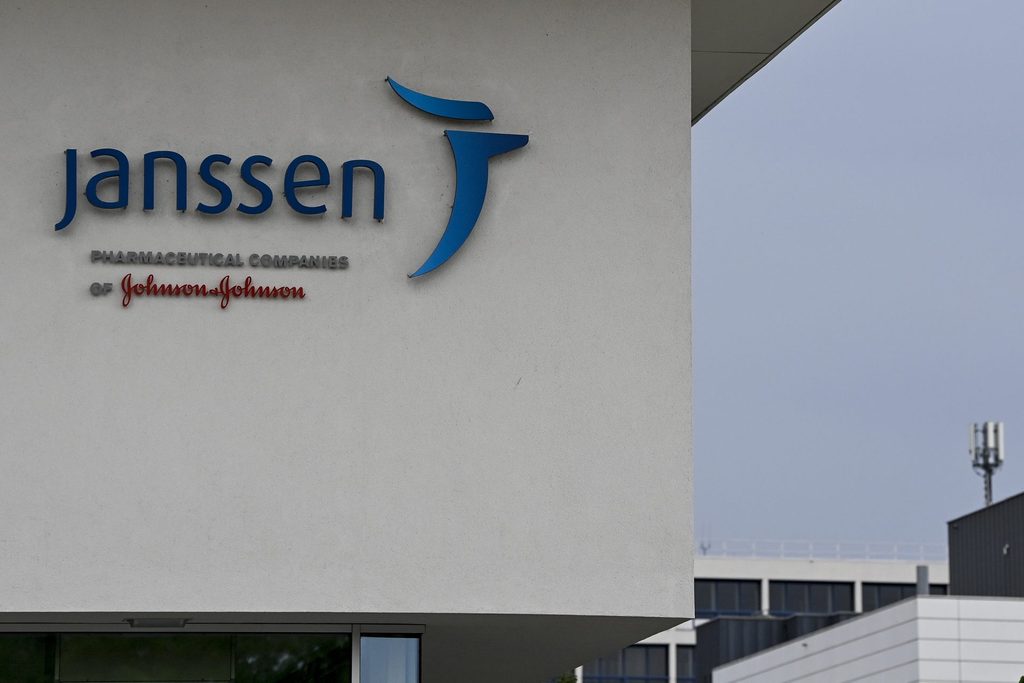Pharmaceutical company Johnson & Johnson will not enforce the patent on the drug Bedaquiline in 44 countries, meaning that cheaper generic versions of the drug against tuberculosis will also become available in those countries.
While the patent on the drug expired on Tuesday, minor adjustments could be made by Johnson & Johnson to force an extension, The Guardian reports. But as the disease still costs about 1.5 million lives per year in often poor countries, the decision was met by many protests.
The Stop TB organisation, affiliated with the United Nations, reports that there is an agreement to use a generic version of the drug in 44 poor countries. A tender would be issued at the end of this month.
Still, the deal is still being criticised as many speak of a "short-term solution." A number of countries where tuberculosis is still a major problem would fall outside the agreement. Doctors Without Borders calls on countries that do not apply to the agreement to declare the patent invalid.
Related News
- Europe registers fewer tuberculosis cases but is still far from its 2030 targets
- Resistance to antibiotics could become the number one cause of death by 2050
Bedaquiline is the main drug in a mix of drugs used by tuberculosis patients. The use of generics could reduce the price per dose by two-thirds, from $1.5 to $0.5 per day.
Johnson & Johnson's drug is available under the brand name Sirturo, was developed in Belgium at Janssen Pharmaceutica and was considered a breakthrough in the fight against the disease. While classical medicines only slowed down the reproduction of the bacteria, Bedaquiline cuts off the energy supply of the bacteria, killing the TB bacteria.
In 2003, Koen Andries discovered the drug together with seven colleagues, but it took until 2013 for Sirturo to finally enter the market, first in the US. In an interview with De Standaard at the time, he said that in the beginning, it was difficult to make Johnson & Johnson enthusiastic about the development.
"Tuberculosis is mainly found in poorer countries. We knew from the start that the return would be small or zero. So it took a lot of effort, but gradually more and more people became convinced," he said. "Now that we have it, everyone is proud."

